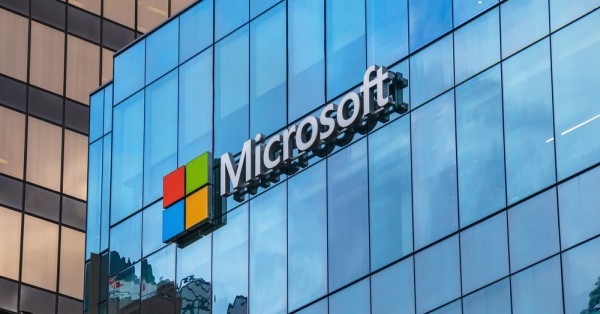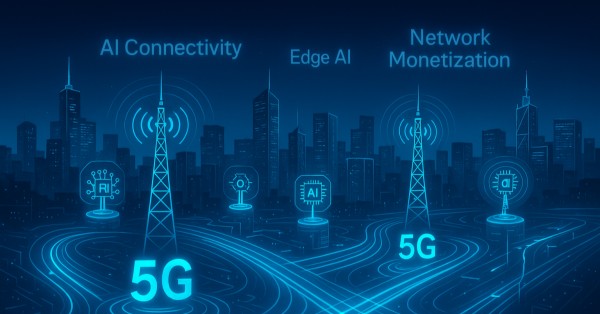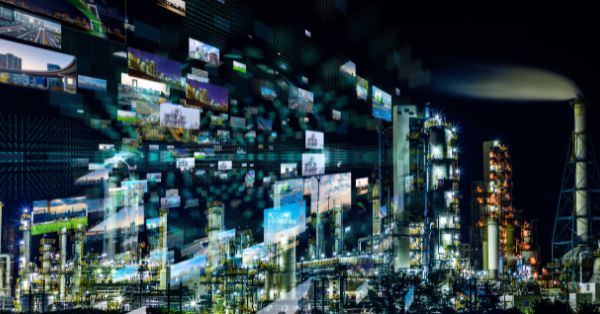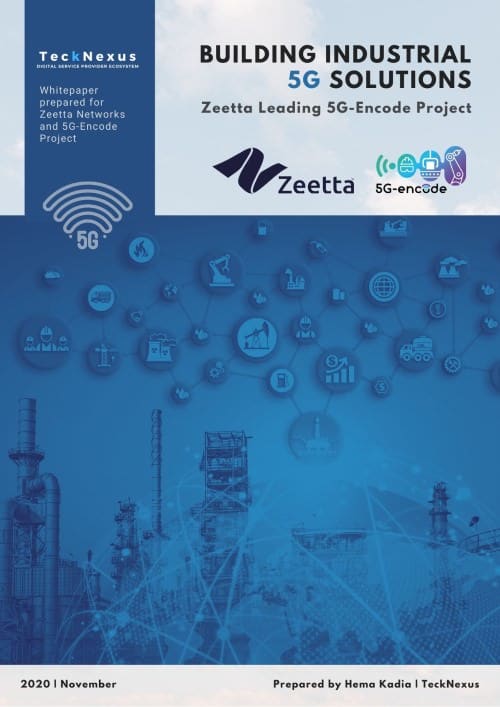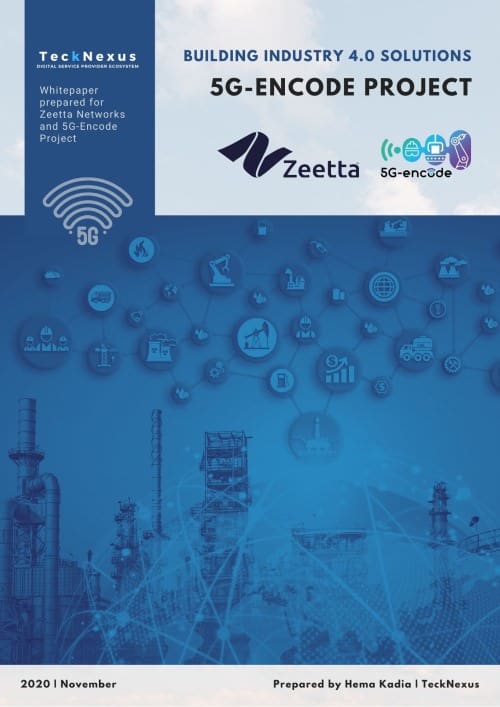In an era where artificial intelligence (AI) is both a boon and a challenge to energy management, Nvidia’s AI Consortium has taken a proactive step forward. The Open Power AI Consortium, established in collaboration with industry leaders like the Electric Power Research Institute (EPRI), Microsoft, and Oracle, aims to address the increasing energy demands of data centers driven by advanced AI technologies.
Nvidia’s Strategic AI Initiative for Energy
Nvidia’s strategic move to initiate the Open Power AI Consortium is designed to leverage AI capabilities to solve energy challenges within the power industry. This initiative comes at a critical time when the demand from data centers is placing unprecedented strain on global electrical grids. The consortium is not just about innovation; it’s about creating sustainable solutions that are accessible to all through open-source AI models, fostering a community-driven approach to problem-solving in the energy sector.
How AI Enhances Data Center Energy Efficiency
AI is at the forefront of tackling the increasing energy demands of modern data centers. By optimizing energy consumption and enhancing grid management, AI technologies offer promising solutions. These technologies can significantly improve how energy is used within data centers, helping to stabilize power grids and integrate more renewable energy sources effectively. For instance, Google has successfully reduced its data center cooling costs by 40% using AI from DeepMind, showcasing the potential for AI to drive cost efficiency and environmental sustainability.
Collaboration at the Heart of Nvidia’s AI Consortium
The consortium brings together a powerful lineup of technology and energy firms, including Nvidia, PG&E, Con Edison, Microsoft, and Oracle. This diverse group is pooling their expertise to develop AI-driven solutions that not only address immediate energy management needs but also set a precedent for future innovation in the sector. The focus on developing open-source AI models means that these advancements can be shared widely, enhancing the collective ability to manage energy more efficiently across the industry.
Innovative AI Solutions for Sustainable Energy
The collaborative nature of the Open Power AI Consortium is poised to unlock significant advancements in energy management. By integrating AI with renewable energy sources, the consortium aims to enhance grid stability and create more sustainable energy practices. This approach not only addresses the immediate challenges posed by high energy demands but also aligns with broader environmental goals by promoting the use of green energy. The integration of AI can further optimize the allocation and consumption of renewable resources, potentially transforming how energy is produced, stored, and consumed.
AI’s Impact on Grid Management and Stability
As AI applications continue to grow, so does the stress on power infrastructures. The consortium’s efforts to harness AI for better grid management and energy optimization come at a time when the need for robust, scalable solutions is more critical than ever. AI’s capability to predict and manage energy consumption can lead to more resilient power systems, especially during peak demand times. An example is the use of AI by energy companies like Enel to predict and balance load in real-time, thereby enhancing operational efficiency and preventing potential outages.
Economic and Environmental Gains from AI in Energy
The potential to unlock an additional 76 GW of capacity in the U.S. represents a significant breakthrough in managing peak demand more effectively. This capacity enhancement could lead to substantial economic benefits by improving energy efficiency and reducing reliance on non-renewable power sources, thereby supporting sustainability goals. Such improvements are crucial for both reducing operational costs and minimizing environmental impact.
Renewable Energy Investments by Tech Companies
Leading tech companies are increasingly investing in renewable energy projects, which is crucial for supporting their growing energy needs sustainably. These investments not only help reduce the carbon footprint associated with massive data centers but also ensure a more stable and cost-effective energy supply in the long run. Companies like Apple have invested in numerous renewable projects that power their data centers entirely with renewable energy, exemplifying a commitment to environmental stewardship and corporate responsibility.
Public Insights on Nvidia’s AI Energy Solutions
The public’s response to Nvidia’s initiative has been mixed, with many appreciating the effort to address urgent energy challenges while others express concern about the sustainability of relying heavily on AI. Moving forward, maintaining transparency and demonstrating the environmental benefits of these technologies will be key to gaining public trust and support. Continuous engagement with stakeholders and the public is essential to ensure that the benefits of AI in energy management are widely understood and appreciated.
Nvidia’s AI Consortium: A Future of Sustainable Energy
The Open Power AI Consortium represents a vital step towards integrating AI solutions into the energy sector. By fostering collaboration between tech giants and utility companies, Nvidia and its partners are setting the stage for innovative energy management solutions that are both effective and sustainable. As this initiative continues to evolve, it could very well redefine how energy is managed in the era of digital transformation, making it a pivotal moment in the intersection of technology and energy conservation.






